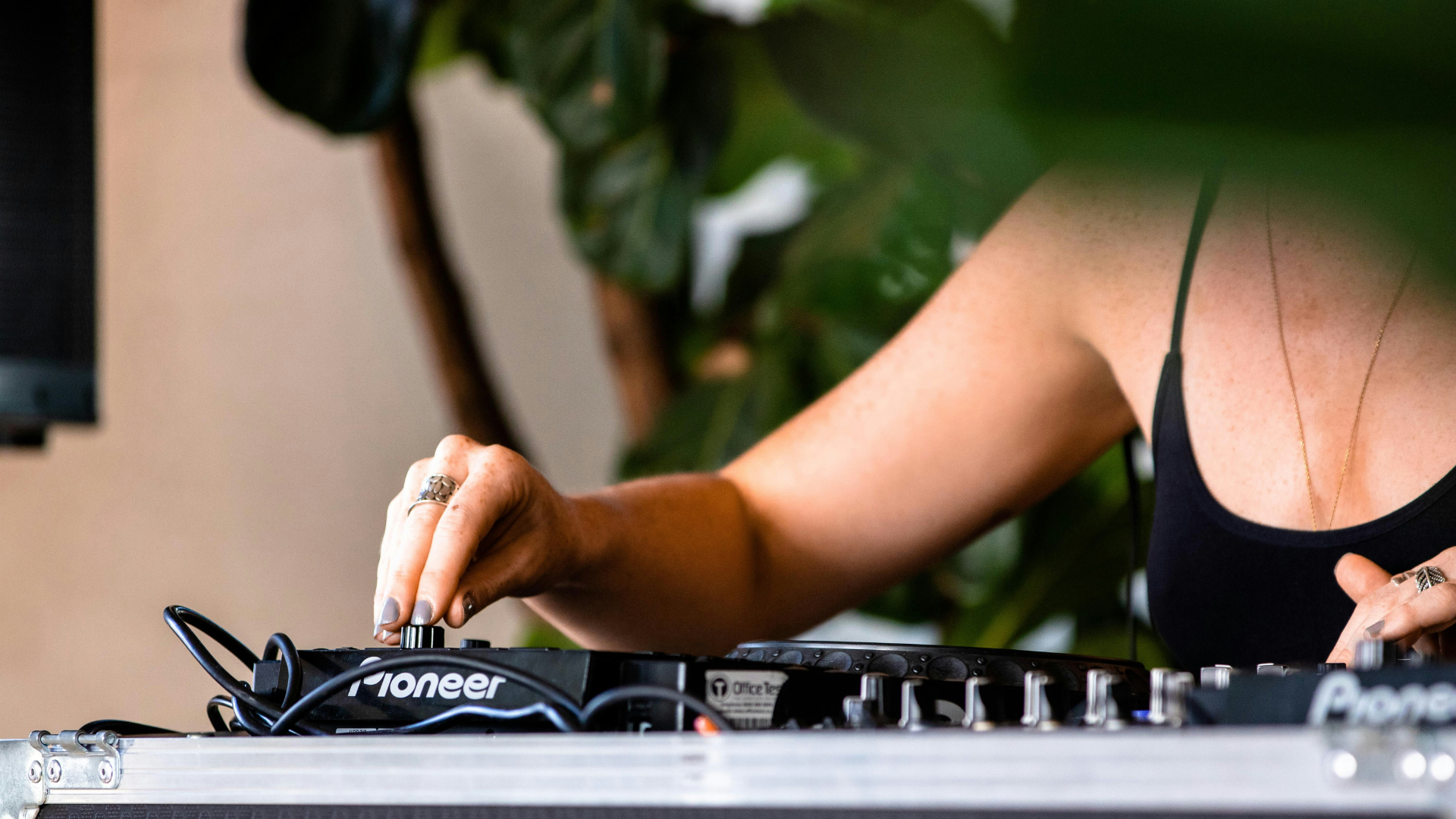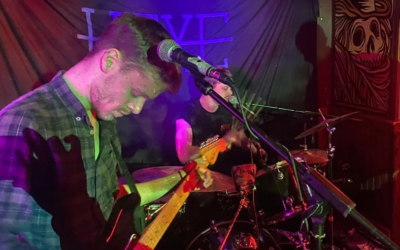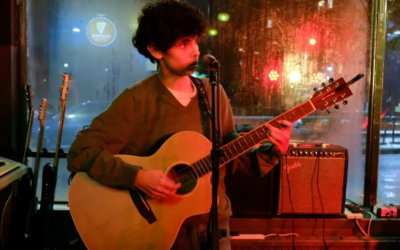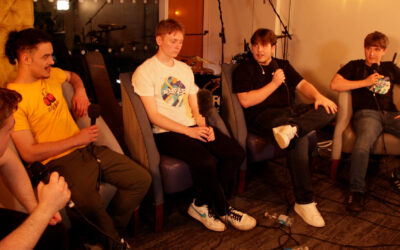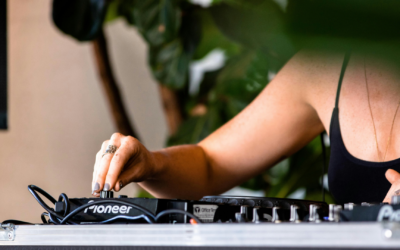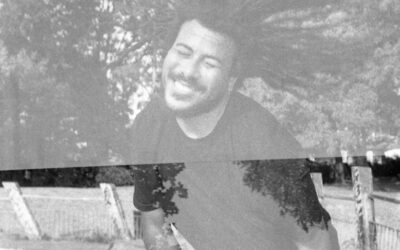If you had to pick the musicians of the year for 2024, who would you pick? Taylor Swift? Sabrina Carpenter? Tate McCrae? The Last Dinner Party? It’s less than halfway into the year, but it wouldn’t be hasty to say that female musicians are crushing 2024. But has anyone taken a moment to notice? Nah. The gender of the 2024 musical matriarchs is entirely coincidental. They haven’t been shouting “girl power” from the rooftops like their foremothers the Spice Girls, and they are not at the ascendency of the cultural pyramid because of their place beside any men either.
This new golden generation is different. The winning women of 2024 are capturing the musical zeitgeist, setting the cultural agenda and scoring hit, after hit, after hit, they just all happen to be women. But these women who sit atop their thrones of musical achievement are the tip of the industry iceberg. It’s time to take a temperature check on the deeper recesses of the musical world.
Picture a DJ. What do you see? More than for any other type of musician, most people, most often picture a man, most likely a white man. Mixing and working the crowd. He’s also likely surrounded by at least a handful of attractive women dancing beside him. Those women however, are different to the back-up dancers of Taylor Swift’s extravagant Eras Tour, those women are professionals, and presumably the elites of their profession. These women are picked out of those attending the event because of how they look to dance next to the DJ, for, presumably, his personal enjoyment (or more likely to feed his ego) and to make him look good. In no other instance in the music industry, in the wider arts industry- or anywhere would this practice be acceptable.
“It can be disheartening, when I’ve been at raves and I’ve been called up to dance on the stage, to dance with the male DJ. You think ‘I’ve been selected because I look a certain way and I’m dancing next to the DJ but I don’t wanna just be seen for that'” said Lois Joynt, a 23-year-old, 4th year University of Sheffield history and politics student who balances DJing and producing under the name Lolojoynt with her studies explained to me. “You’re lucky if you get one woman [in a line-up], maybe half of the time, just one woman on a line-up of ten men.”
“Most festivals are full of men, without any female representation whatsoever, and it’s the same with club sets, you only have to look at some of the posters to see that”, says Jackie Palmer, a Northampton-based retired purchasing manager for Jaguar in her 60s, who performs as a DJ under the name Jacki-E.
“To perform in the big leagues you have to make sure you get in with the men in the industry because they’re a lot of the time the ones who dominate and get to dictate who gets to be seen and who doesn’t”, said Sharissa Lee, a 27-year-old London-based music teacher who performs as a DJ under the name Cheri. This is the essence of one of the principal structural problems in the industry that limits female participation. The way the nighttime industry works, with networking being the primary way to get your name onto line-ups, can result in boys club like mentalities and networks where groups of male friends work to promote each other. Jackie said: “A lot of festivals are run on a we’re all mates basis, so they invite their friends to play. I don’t mean the big commercial festivals but underneath the iceberg one-tenth above the water is the big commercial ones, but underneath that you’ve got these smaller festivals being run by amateur promoters where there’s lots and lots of opportunities, but it goes to the organizers mates.”
Women have to promote each other in a similar way to be able to get opportunities in the music world. “DJing is all about networking and knowing people to get events”, says Lois. “Since I’ve got into DJing a lot of the events that I’ve done have been organized by females, looking for female DJs.” In Sheffield, all of the female DJs work together to promote each other and find each other opportunities. They’re hosting their own festival in the city on May 10th. Lily, who performs under the name Kirby tells me the female DJs in Brighton work similarly. Jackie hosts a radio show “Draw the Line” that has been running for more than 6 years that showcases female DJs and producers. Women promoting each other in this way is the most significant way women have been able secure spots in line-ups, and has been a positive development for female DJs and women in the electronic dance music genre. Lois said: “Women are supporting each other and banding together, that is the biggest, most inspiring thing I’ve seen really change.”
But the success that female DJs have when they come together in this way, and work to promote each other is equally frustrating because it shows what male promoters should be doing. If female DJs can seek each other out, why can’t male promoters and event organisers? Jackie said: “People need to stop being lazy, it’s very easy to put a DJ set together because there are tunes everywhere, and there are lots of tools that will help you find the tracks and artists.
Jackie said: “It takes a bit more effort to find the music that women are doing, cos you’ve gotta dig into these download sites, you’ve gotta be prepared to put the effort in, you’ve gotta do some real, serious creator digging. But you can do it. It’s what I do for Draw the Line. And it makes for a more interesting mix”.
“People have to be prepared to put the time in, but I don’t think they ever will. Will we get to 50% [female representation] maybe by 2050 we’ll get there, but I suppose AI will be doing it by then.”


